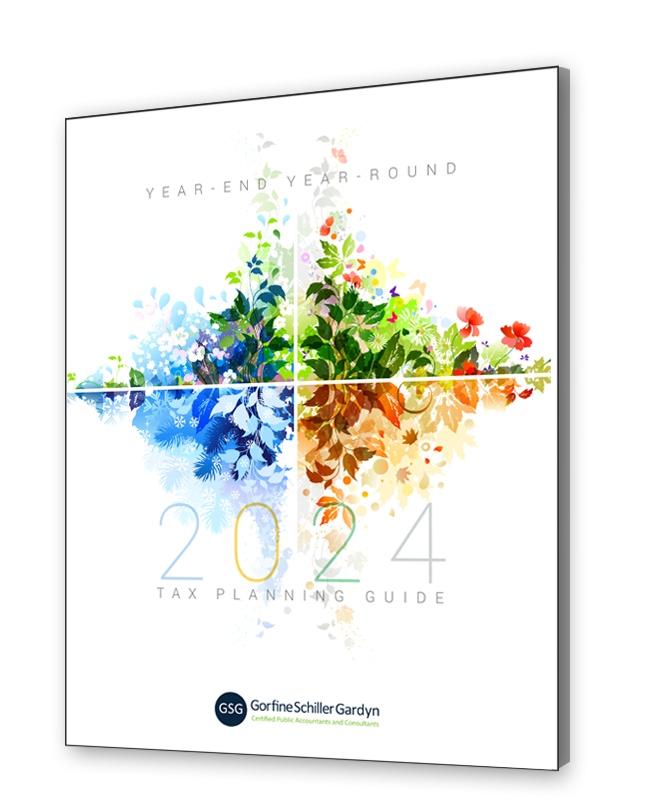Signed into law in 2018, the Tax Cuts and Jobs Act (TCJA) was the most significant overhaul of the overall tax code in 30 years – particularly through tax cuts.
The law impacted individuals depending on their income level, filing status, and deductions. The TCJA also lowered the corporate rate to 21 percent and enacted preferable tax treatment for pass-through companies. When the law was enacted, we offered this comprehensive blog post that highlighted what the TCJA meant for both businesses and individuals.
Fast-forward to today, and many of these changes are set to expire at the end of 2025 because they were only enacted for a temporary basis. Following are the key provisions that are set to expire:
- The Standard Deduction: While the TCJA increased the standard deduction and eliminated personal exemptions, the standard deduction for married couples will decrease significantly and would increase the personal exemptions.
- Individual Tax Rates: The TCJA cut the top marginal individual tax rate from 39.6 percent to 37 percent and would revert to the pre-2017 levels.
- The State and Local Tax (SALT) Deduction: While the TCJA imposed a $10,000 cap on the deductibility of SALT, all state and local property taxes and income taxes will be deductible.
- Child Tax Credit: The TCJA increased the tax credit for each child under 17 from $1,000 to $2,000 and would revert to the pre-2017 levels.
- Deduction for Small Business Income: The TCJA provided a 20 percent deduction for qualified pass-through income for sole proprietorships, partnerships, and S-corporations. This deduction would no longer be available.
- Alternative Minimum Tax (AMT): While the law increased the AMT exemption, this provision would be lowered to around $110,075 if this provision goes away.
- Estate Taxes: While the TCJA nearly doubled the estate tax exemption, the exemption in 2026 will revert back to being about $14.3 million for married couple.
In addition, the Tax Foundation provided an analysis of the overall impact of the potential expirations of this provision. The organization found that the vast majority of Americans will see higher and more complicated taxes beginning in 2026.
According to Thomson Reuters, the outcome of the 2024 Presidential election will likely dictate whether or not Congress will extend these provisions.
If you have questions about the TCJA tax provisions that will potentially expire, please contact GSG today.
Newsletter Sign Up
Tax Planning Guide
Recent Blog Posts









